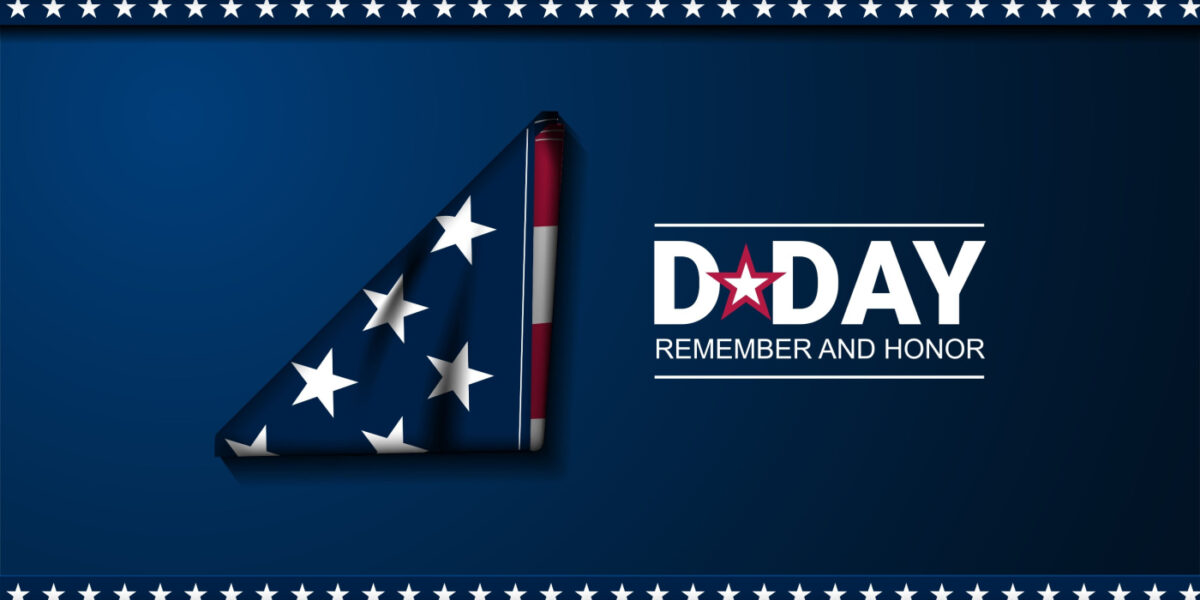As a few of you may have heard, we had a pretty historic event this week. We haven’t had a full solar eclipse in the St. Louis area since 1442. So the fact that it came back around this week was kind of a big deal around here.
I’m not much of a science guy, so I didn’t really think too much about it until that day. But really, it was amazing to see. And I’m grateful we were on the path and could get the full experience.
It became like a national holiday around town. A lot of people took off work, there were parties, viewing events – you name it. And as all of the planning and preparations were being made leading up to Monday, I had to chuckle – because you know what can happen to the best-laid plans, right?
So here you are – you’ve heard about the eclipse and marked August 21st, 2017 in the calendar. You’ve made arrangements with family and friends to gather, taken a vacation day, planned the food (because a holiday around here always includes a meal), gotten your NASA-approved eyewear, put out the lawn chairs and you’re ready. Right?
Then the clouds start rolling in. A variety of not-suitable-for-this-article terms start coming to mind.
What do you do?
Things happen. I don’t care what your project, plan, or holiday is – no amount of Martha Stewart-caliber planning can eliminate every potential risk. Just ask my wife at Christmas. Things don’t always go according to plan.
And it’s no reflection on your preparedness. You could have spent an inordinate amount of time identifying and mitigating risks – but sometimes the inconceivable occurs. So, once you stop swearing and accept the fact that things aren’t going to happen the way that you envisioned, it’s time to go to Plan B. Or Plan C, D, or E – whatever will fit your new circumstances best.
So how do you arrive at your alternate (ideal) plan? In my opinion, there are a few things that you need to address to get there.
What Are The True Goals?
Since your first plan isn’t going to happen – what is it that you’re really looking for as an outcome? In the case of an Eclipse party, is it to stand outside and see it with your own eyes (through the eyewear)? Is it to be with family & friends? Is it to teach your kids something about astronomy? Maybe it’s just the food (no judgment here).
Sometimes, we’ll have clients come to us looking for a specific technology to use in an asset management solution, like RFID. RFID is a great technology – but it isn’t a fit for everyone or for every asset. As we get started looking at different factors, environment, etc., we may discover that their technology preference may not be the best fit for them, for their budget, whatever.
For an asset management solution, the “true” goal typically surrounds the data – not the technology that captures or carries it. So if that initial technology preference isn’t a fit – or a fit for now – distilling down to the “true” goal of the solution will help you set the stage for what the next plan could look like.
Now What?
Once you have those “true” goals identified, then you can look at what are the different options to get to them. Again, these may not be the options that you prefer (otherwise they would have been part of the first plan, right?) – but circumstances have changed and we still want to meet goals.
For your eclipse party (again, depending on those distilled-down, true goals) – what are you going to do?
- If your goal is to see it in person – grab your car keys and get moving
- If it’s to be with family and friends – move the party inside
- If you’re looking for your kids to learn something – there’s a science channel somewhere on cable or online (that could help teach them – and diffuse Uncle Harry’s theories and “facts”)
- If you’re all about the food – well indoors or out – you may be OK
It’s the same method when you’re dealing with other plans. For an asset management solution:
- If the goal is to stand up the solution quickly – you may choose to leverage existing barcodes instead of applying RFID tags to all of your assets
- Maybe the budget’s tight – so mobile tablets are looking more attractive than industrial handhelds
- If the problem is verifying assets that are out of reach or hard to scan – RFID tags may be the best option so you don’t need close proximity or line of sight
Check Your Attitude
Finally, check where your head, your energy, and your attitude are once things change. Change doesn’t always bring out the best in people. Whether you’re running a project or trying to corral your family, the attitude you bring can strongly influence whether it’s viewed as a success or failure. If you’re flexible and optimistic when you’re changing course (and clearly communicating the change), your team (or family) are likely to follow your lead.
Did your Eclipse day go according to plan? I’d love to hear about it. And, of course, if you want to talk Asset Management, I’m the guy to contact too.




